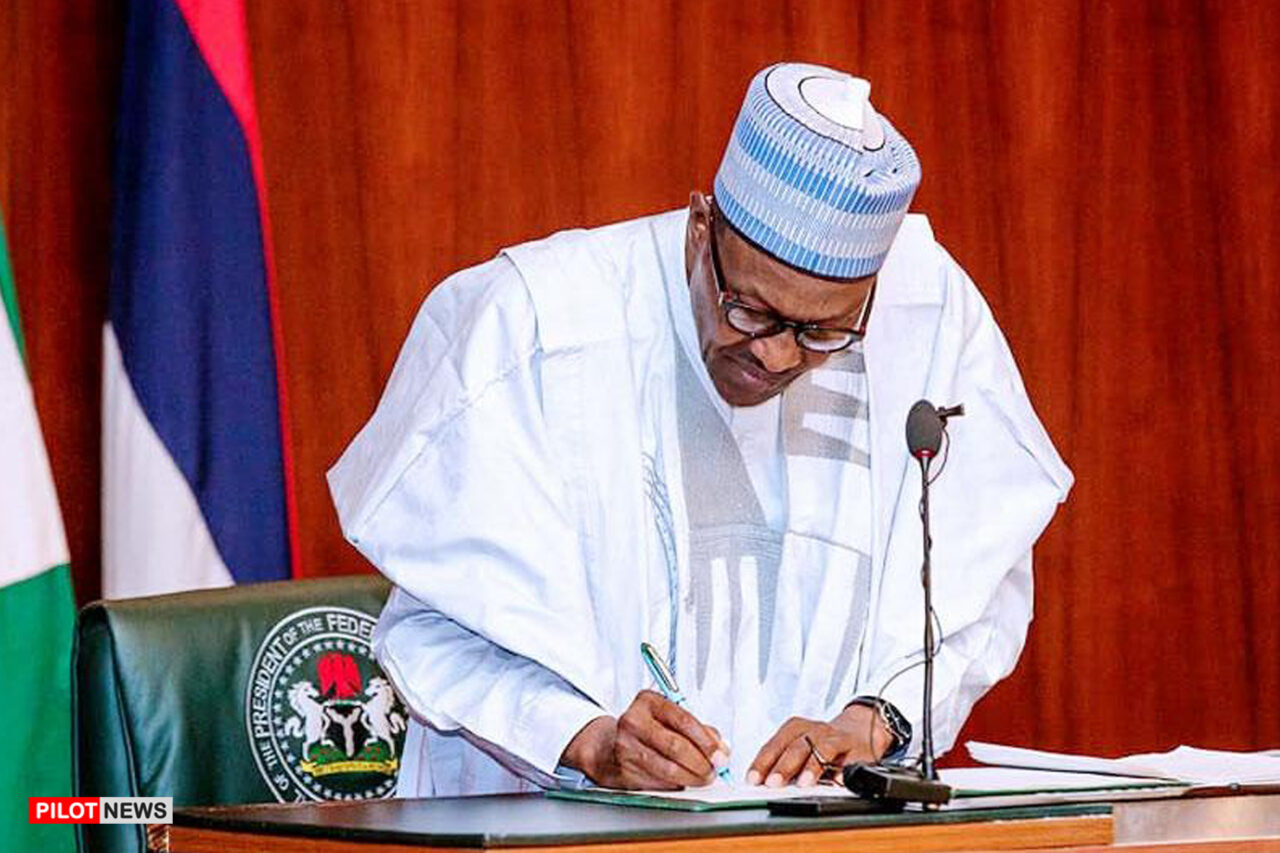On 31 May 2018, President Muhammadu Buhari signed the ‘not too young to run bill into law. The legislation altered sections 65, 106, 131, and 177 of the 1999 constitution by reducing the eligibility age for running for elective positions.
It brought down the age qualification for the presidency from 40 to 30; from 30 to 25 for the House of Representatives and states’ house of assembly. It, however, did not change the age qualification for governorship and senate, both were retained at 35 years. It also recommended independent candidature.
Prior to the signing of the bill into law, elections in Nigeria have been defined by the exclusion of the youths who have remained vulnerable to the ‘take who you see’ or the ‘highest bidder’ syndrome. Thus, when President Buhari assented to the bill, there was jubilation from all corners by the youths who felt the time had come for them to take over the reins of political power.
However, despite the ‘not too young to run act, youth candidacy in the 2023 polls remain low. In its preliminary report on the youth candidacy in the 2023 elections, a civil society organisation, Yiaga Africa, noted that of the 15,336 candidates on the ballot in the 2023 elections, 4,398 are youth candidates, with only 1,899 between the ages of 25—30 years.
This could be attributed to the high cost of nomination forms by political parties and the highly commercialised party primaries, which shrunk the political space and put youths at a great disadvantage. This was a development that stopped most young aspirants from pursuing their political dreams due to the non-affordability of the forms and lack of resources to procure party delegates.
For this reason, the presidential candidates of most of the political parties for the 2023 elections are still from the ‘old order’ despite the nationwide clamour for a younger leader.
According to the list of presidential candidates published by the Independent National Electoral Commission (INEC), Alhaji Atiku Abubakar of the Peoples Democratic Party (PDP) is 74; Bola Tinubu of the All Progressives Congress (APC) is 70; Peter Obi of the Labour Party (LP) is 61; Rabiu Kwankwaso of the New Nigeria Peoples Party (NNPP) is 66.
Others include Action Alliance’s (AA) Almustapha Hamza, 62; Action Democratic Party’s (ADP) Sani Yabagi Yusuf, 68; All Progressive Grand Alliance’s (APGA) Umeadi Peter, 67; Peoples Redemption Party’s (PRP) Abiola Kolawole, 60; and Zenith Labour Party’s (ZLP) Nwanyanwu Daberechukwu, 62.
While others are between 50 and 60 years, a few exceptions include Adenuga Oluwafemi of the Boot Party (BP), 48; Nnadi Osita of the All People’s Party (APP), 49; Kachikwu Dumebi of the African Democratic Congress (ADC), 48; Ojei Princess of the Allied Peoples Movement (APM), 44; and Imumolen Christopher of Accord Party (AP), 38.
Though the ‘not too young to run’ act is a welcome development, it remains a pyrrhic victory for the youths until fundamental issues like money politics, godfatherism, and dysfunctional structures of the nation’s democratic amalgam, among others are addressed; making the political space fair and open enough to build and support young people to run for elective offices and actually get elected.
- 130 Papiri Schoolchildren Regain Freedom After Military-Led Operation - December 22, 2025
- President Tinubu Presents ₦58.18tr 2026 Budget to NASS - December 19, 2025
- Burkina Faso Releases Detained Nigerian Soldiers After Tinubu’s Diplomatic Intervention - December 18, 2025

